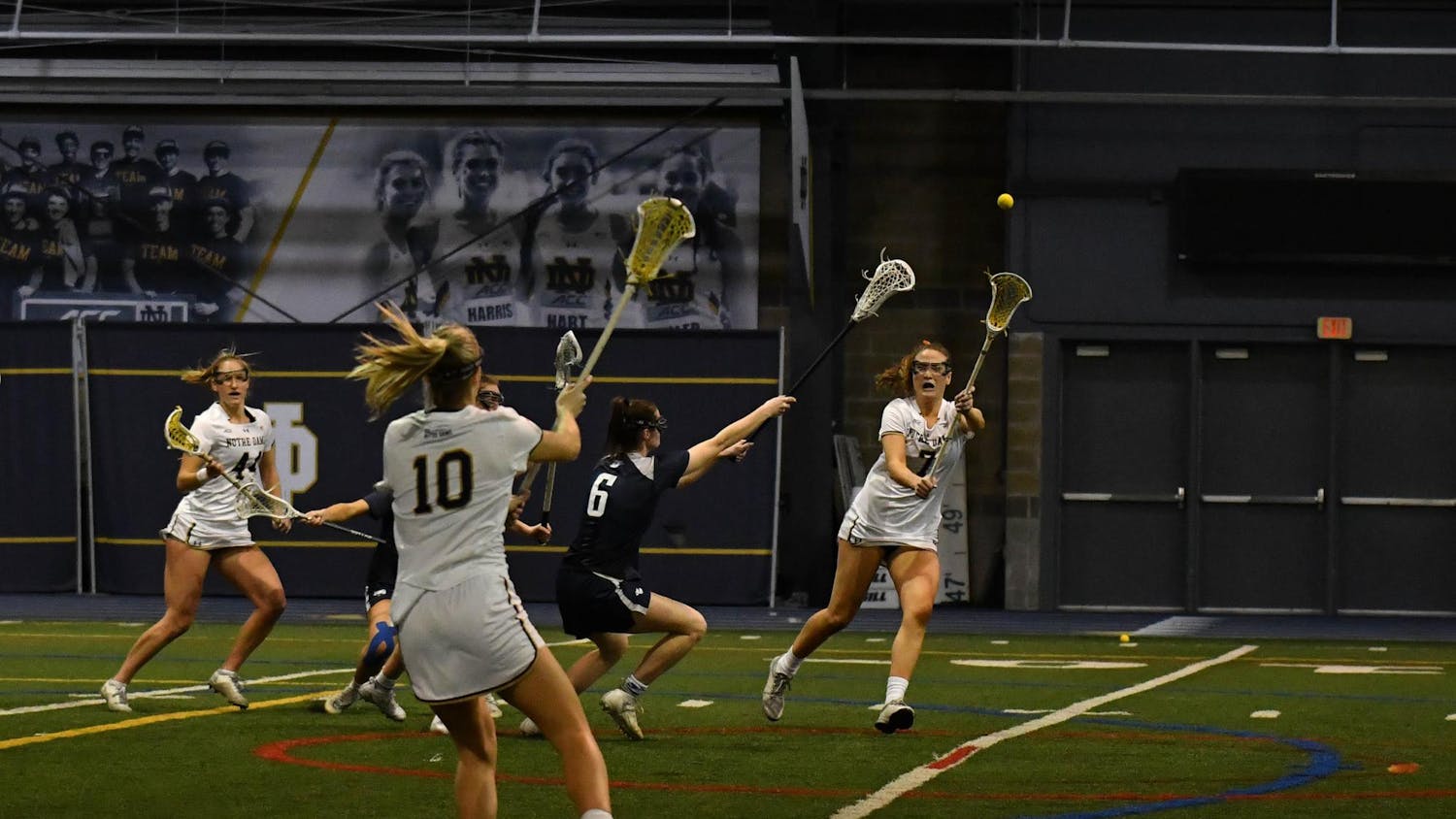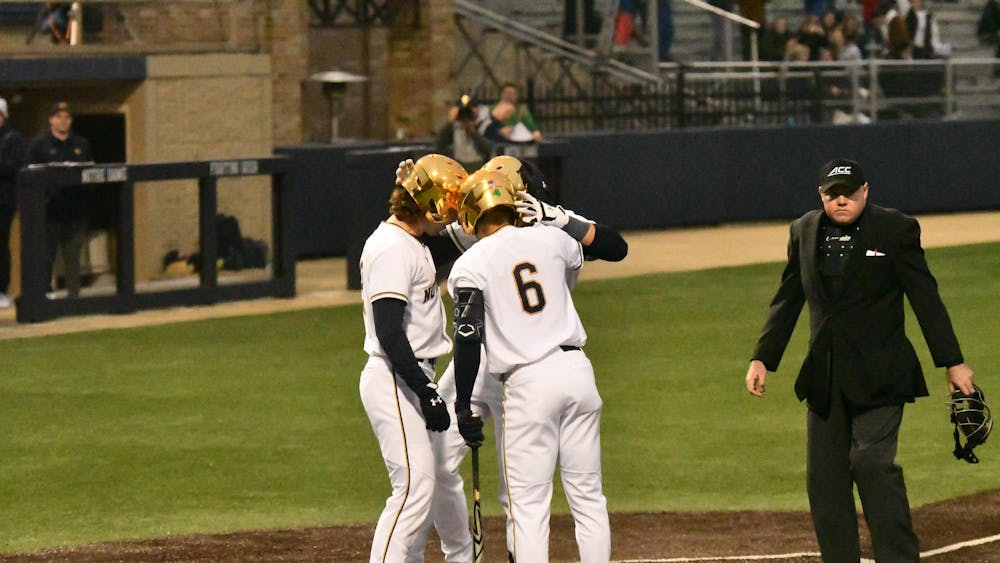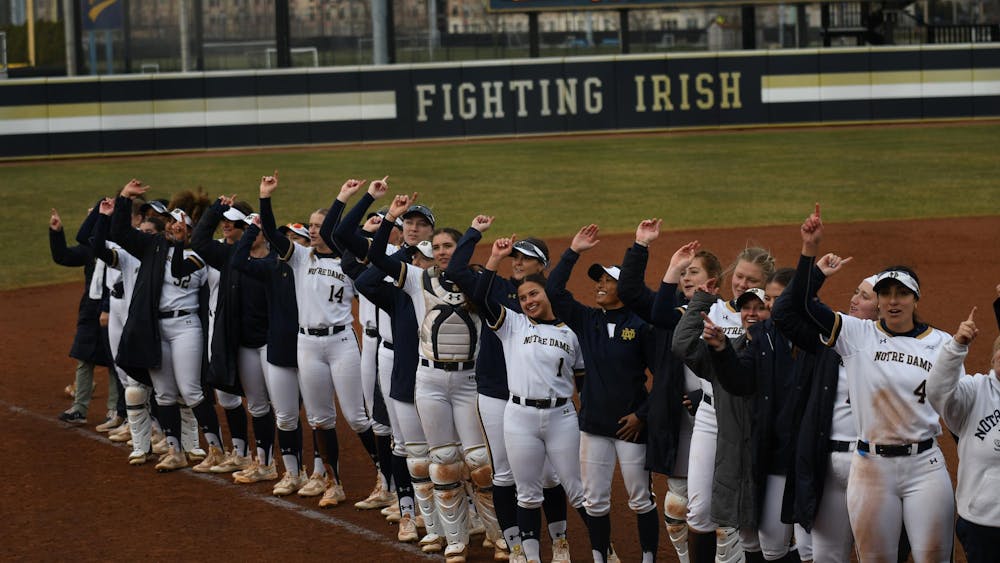Today is one of the most important days of the year.
All the build-up, all the anticipation is resolved today because the American people will decide who will become or remain their next president, senator, representative and even sheriff.

An election represents the possibility of assessing the incumbent and choosing whether or not someone else may do the job a little better.
While there are no true elections in the world of sports, this idea of accountability resonates throughout all aspects of sports. Players are held accountable for their play on the field and their actions off of it. Coaches and management must answer to the decisions they make during games and in the offseason. Everyone in the world of sports faces the prospect of losing their job to someone possibly better suited for the position.
That is, almost everyone. In today's day and age, commissioners wield a considerable amount of power, but they are not held to the same level of accountability for their decisions. And the controversies, scandals and lockouts in the last few years have brought this fact into much greater light.
Commissioners in the past certainly made mistakes, but in general, they existed in the background by letting the game itself come first. Now it seems the commissioners grab the headlines every few weeks, making a significant ruling or stepping in to handle a controversy.
To borrow from the political structure of our nation, there are hardly any checks and balances to the power of the commissioners. Just take a look at three examples of many to prove this fact.
In each of the four leagues, owners appoint the commissioners. And since these owners alone can fire the commissioner, there is hardly any way the commissioner will leave town - even if the town is filled with angry players and fans. Heck, NBA commissioner David Stern, NHL commissioner Gary Bettman and MLB commissioner Bud Selig have all served since before many of us were brought into this world. In fact, Selig plans to stay on as the commissioner until 2014, at which point he will be 80 years old!

Another abuse of commissioner power came soon after the NBA lockout was resolved last year. The Lakers and Hornets had all but completed a trade that would have sent Chris Paul to Los Angeles to team up with Kobe. But in 11th hour, David Stern stepped in and vetoed the blockbuster deal. The NBA held this power only because they owned the Hornets at the time. But does that give Stern the power to stop the deal "for basketball reasons," as was explained by a league spokesman? Sure, our president has the ability to veto forms of legislation, but the president at least gives legitimate reasons for his action.
Finally, the NFL commissioner Roger Goodell highlights the argument that commissioners have excessive unchecked power. Between both the player and referee lockouts, his hypocritical stance on player safety (i.e. pushing for an 18-game season while trying to emphasize player safety) and the absolute debacle that is the Saint's bounty case, Goodell's entire tenure reflects a person with too much authority and not enough limits.
Just take a look at the most recent news in the Saints' situation. As confirmed Sunday, the NFL voided Sean Payton's contract extension signed in 2011. Now, with Payton's status up in the air, Goodell is the sole person able to rule on his contract, as the commissioner holds the unilateral right to rule on coaching contracts. After how he has handled the entire situation, including passing the case off to former NFL commissioner Paul Tagliabue, who can trust his decision on this matter?
As always, it is easy to criticize, but much harder to provide legitimate solutions. While there does not appear to be an easy solution - especially with owners exerting the greatest influence on commissioners - there are some possible remedies. Following a business model, the commissioners could be subject to the scrutiny of a board of directors annually or biannually. The board should include members outside of ownership and player's unions and could also include the previous commissioner.
Perhaps the best solution would be for fans, players and management to elect the commissioner. While this is unrealistic, one thing is certain. Sports fans everywhere would feel empowered to vote for the sports commissioner of their choosing, just as Americans everywhere vote today.
Contact Peter Steiner at psteiner@nd.edu
The views expressed in this Sports Authority are those of the author and not necessarily those of The Observer.












